How do you ensure that attendees keep coming back to your meetups, conferences, webinars, or virtual events?
It all starts with knowing what people think about the event.
Getting a clear idea of what people liked and didn’t like about the event can help you make the next one even better. Creating a post-event survey can help you collect that valuable feedback.
In this post, we’re going to discuss the ins and out of post-event surveys — including what types of questions to include — and share some best practices.
What is an event survey?
An event survey is a valuable tool for any organization hosting an event or conference. Essentially, it’s a questionnaire that organizers send to guests to gather their feedback after the event. The event can be a conference, a webinar, a virtual summit, or another business gathering.
No matter the size of the event or the format you choose to hold the event in, an event survey will help you better understand your attendees. You can evaluate the responses and use them to understand what’s working as well as what you should improve for future events.
What questions should be included in an event survey?
The right questions can help you gauge the success of the event overall. These questions generally boil down to three types — yes/no, open-ended, and multiple choice/ratings. It’s best to include a mix of all three in your post-event survey.
Yes/no questions
When you need a straightforward yes-or-no answer, this is the way to go. You can always give participants the opportunity to expand on their answers as well. This is particularly helpful if they’ve answered with a “no.”
Here are some examples of yes/no questions to ask your audience:
- Would you recommend the event to a friend or colleague?
- Would you attend the event again next year?
- Did the event meet all of your expectations?
- Do you think the event was structured well?
- Was the event a good networking opportunity for you?
- Would you like to learn about participating in next year’s event?
Open-ended
Open-ended questions let the respondent give feedback without restrictions. It’s more difficult to analyze open-ended responses when you’re dealing with a large number of surveys, but the qualitative data can provide more interesting insights than other types of questions.
Below are examples of open-ended questions to ask your guests:
- What was the most valuable part of the event for you?
- How can we improve the event for next time?
- What made you decide to attend the event?
- What was your biggest takeaway from the event?
- What topics would you like to see covered next year?
- Do you have any additional suggestions for this event?
Multiple choice/ratings
These types of questions ask respondents to rank their answers on a numeric scale or select from a set answers.
Here’s a list of rating questions, but you easily change them to a multiple-choice format:
- On a scale of 1–10, how satisfied were you with the event?
- On a scale of 1–10, how would you rate the event overall?
- On a scale of 1–10, how would you rate the location of the event?
- On a scale of 1–10, how would you rate the speakers?
- On a scale of 1–10, how would you rate the cost of the event?
- On a scale of 1–10, how likely are you to recommend the event to a friend?
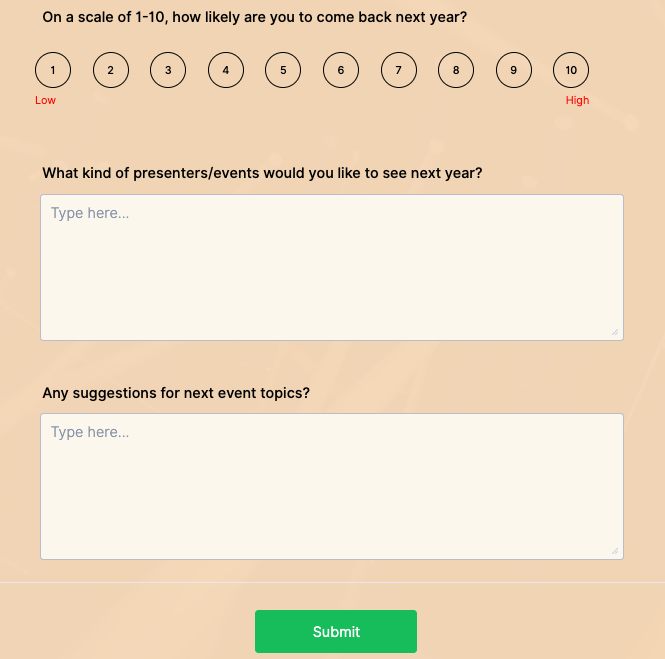
Post-event survey best practices
Here are a few best practices to help you collect more actionable feedback from your event surveys.
Send the survey within 24 hours of your event
One of the biggest mistakes that hosts of both virtual and in-person events make is waiting too long to send a feedback survey. If you wait too long, attendees are likely to forget details. They’re also more likely to ignore the survey altogether.
Send surveys while the event is still fresh in their minds — ideally within 24 hours. This means you’ll need to have the survey and your distribution method prepared in advance.
Send a follow-up reminder
If you don’t receive a survey response after a couple of days, it’s a good idea to send a survey follow-up email. Resend the survey link or form with a personal note — from you or another staff member — asking the attendee to complete the questions. Be sure to express your appreciation for their time and let them know that you’ll use their responses to improve future events.
Offer an incentive to complete the survey
Motivating your audience with an incentive can increase the chances of them filling out the questionnaire. It doesn’t have to be expensive. You can offer a discount on future tickets or products, or enter their name in a raffle for a gift card or other prizes.
Send surveys to speakers, volunteers, and sponsors
Post-event surveys aren’t just for attendees. If you modify them a bit, they can also be a great way to collect feedback from speakers, volunteers, and sponsors. Their insights can also help you improve and streamline the process for future events.
Pro Tip
If sponsors give you positive feedback, you can also use that as a natural segway to ask them to sponsor future events.
Put together a game plan to implement survey feedback
What good is all of this feedback if you don’t review it carefully and use it to inform future events? The next step is to analyze and categorize the feedback. While you don’t need to implement every suggestion, you should tag all of the great suggestions and then work with all stakeholders to prioritize and implement the improvements.
Pro Tip
One way to quickly analyze and streamline all of the feedback is by using the new Jotform Report Builder.
You put a lot of time and work into your event. But just because the event is over doesn’t mean your work is done. Send out the post-event surveys, follow up for more responses, and then take action based on the results.




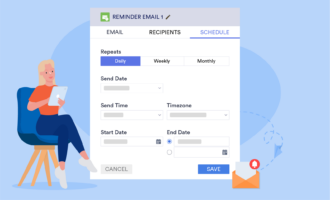











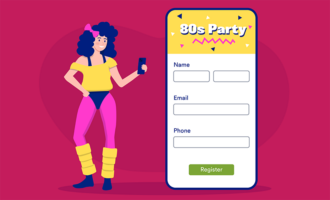







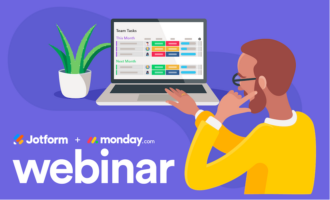
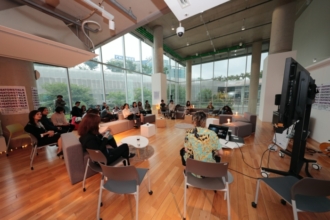
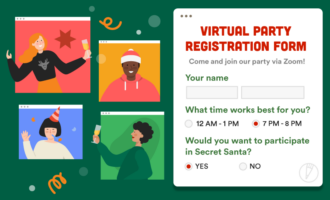







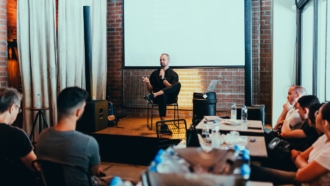


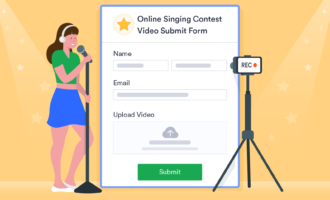


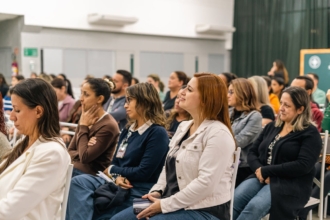
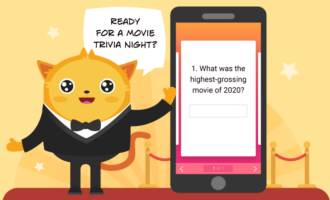
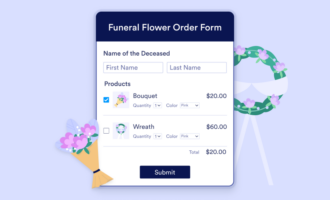


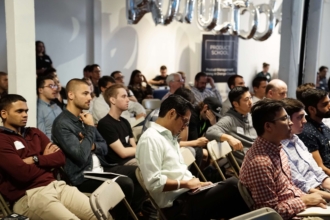









Send Comment: